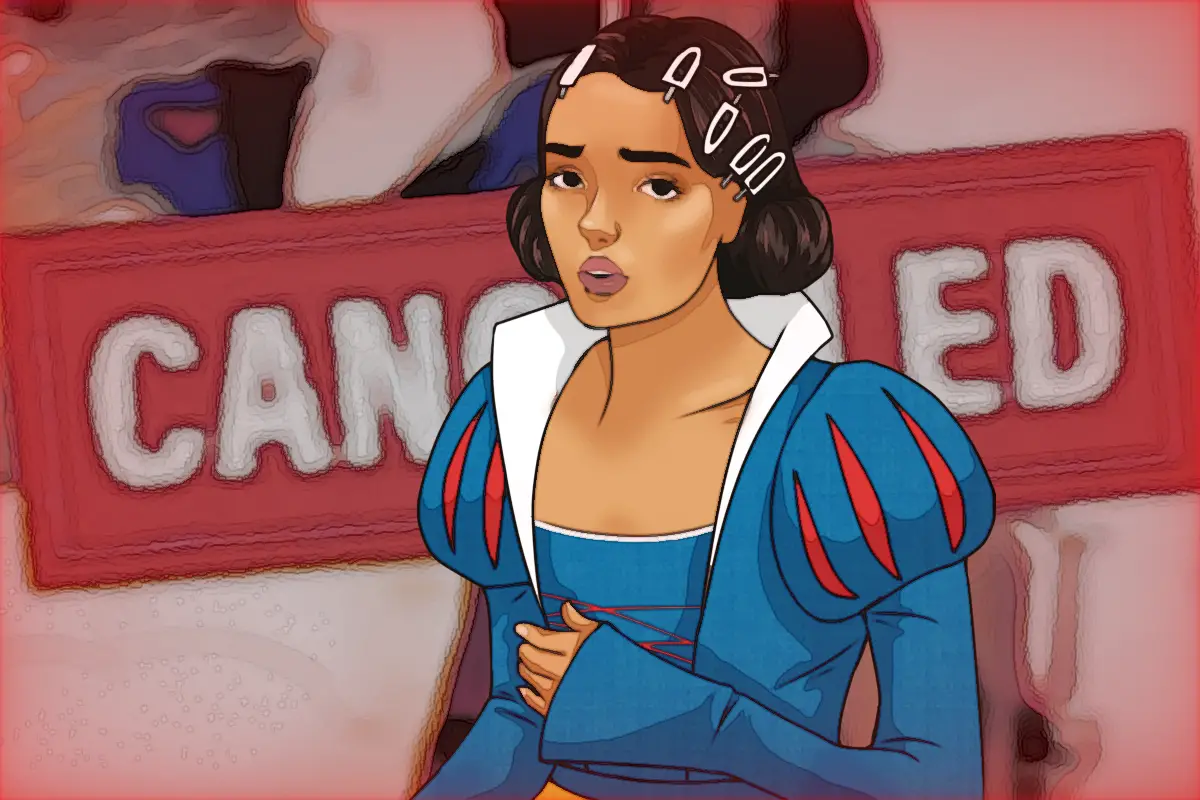In the currents of today’s oceanic media landscape, a troubling and recurring pattern emerges in the coverage, reception, and depiction of women in Hollywood. The trend reveals the sharpened talons of patriarchy still gripping headfast on the cultural innards of modern Hollywood. The same degree of degradation towards women seen in more traditional spheres of existence, such as domestic or corporate spheres, is apparent in the world of actors and actresses. By placing successful women under an unforgiving microscope, one that aims to both shame and diminish, society and its secret obsession with demeaning and dismissing women in the limelight is revealed. The plight of the modern women discussed in mainstream media does not often incorporate the misconduct many actresses are victim to, or how this behavior directly demonstrates the reality that many women face on a daily basis. Hollywood is no deviation from this pattern, as the almost tangible manifestation of hatred towards famous female celebrities exemplifies.
The glitz and glam of Hollywood only go so far before we again see the brutalization of women for the sake of comedy. Or the deep rooted patriarchal competitiveness that holds women to an unfair standard, demanding they perform as themselves, but still maintaining an agreeableness that characterizes their femininity– a hidden standard that male celebrities often do not have to abide by in order to ensure loyal legions of fans.
Regardless of how the politics of Hollywood or the judgmental public eye tries to defend or rationalize this treatment by the media as well as by the general population, the truth is clear—a bedazzled black eye is still a black eye.
Rachel Zegler’s bath in the golden rays of stardom with the recent release of the prequel to “The Hunger Games,” titled “The Ballad of Songbirds and Snakes,” also came with the dark underbelly of fame for women in Hollywood. Zegler experienced the vicious media cycle even international super stars such as Taylor Swift have succumbed to at some point in their career.
This cycle starts with hatred geared towards a specific female celebrity, often fueled by inflammatory headlines and negative press around the perceived “immoral” or “incorrect” behavior exhibited by the celebrity, which then fizzles into general public apathy. It often ends with an apotheosis of this celebrity (which perhaps is a manifestation of society’s guilt for the original regurgitation of abusive language centered towards the starlet). To see this in action, look no further than the careers of Anne Hathaway, Jennifer Lawerence, and Megan Fox.
Rinse, and repeat: for Zegler, her comments on Snow White’s characterization prompted international media backlash and the noose of negative public opinion, an extreme reaction to an arguably valid opinion Zegler had on the original desires and drive that Snow White possessed in the original 1937 movie.
What started as a simple interview question quickly spiraled into a full field day on multiple social media platforms, many calling Zegler ungrateful and undeserving of her role in Snow White, simply for her disagreement with some of the movie’s original messaging.
Regardless of the personal opinions that exist concerning the importance of maintaining the integrity of this particular Disney Princess, the artistic freedom of interpretation is something Zegler, as the actress chosen to portray this character, has full right to explore. It’s a right that’s often encouraged and applauded as a demonstration of a committed actor to the craft.
Perhaps a more volatile example of this phenomenon emerges in the court case between Johnny Depp and Amber Heard. Battered women all over America experienced the nightmare of watching what can happen when your abuse is not violent enough to warrant immediate condemnation: a bitter battle of opinion on whether a crazy women is excuse enough to engage in abusive behavior as well as a sense of profound sympathy for the accused (which is never reserved for the same degree as accuser).
Manipulative, calculating, lying, and conniving is how the defense sought out to paint Heard. Her status as an actress was used to insinuate her testimonies were simply bits, sound bites to convince the court she was a victim.
How could they trust her, the defense argued (albeit underhandedly), if she lied for a living?
Media and public followed suit, agreeing her actions and reactions in the courtroom were not conclusive in indicating an abused woman, assuming that kind of history is always apparent in video recordings.
This gross misconduct towards a survivor of domestic abuse was not only applauded, but encouraged. Clearly traumatic incidents from the relationship revealed in court were edited into attempts at humorous clips; they were circulated with the express purpose of making fun of the female hysteria Amber Heard was accused of, insinuating again that her story was a lie. It seemed the world had been waiting, pitchforks sharpened, for the fall of Amber Heard– just as they had been for Taylor Swift, as they were for Rachel Zegler, and as it seems they always are for women in Hollywood.
This persistent undercurrent of patriarchal influence again reveals a societal inclination to engage in negative rhetoric with regards to accomplished women, a trend that transcends celebrity circles and permeates broader narratives of women’s experiences.
In dissecting the threads of these modern witch hunts, it is important to acknowledge the persistent societal tendency to subject successful women to unwarranted scrutiny. Whether it’s Rachel Zegler navigating the complexities of redefining iconic roles, or Amber Heard facing a public trial turned media spectacle, the underlying theme remains consistent. The backlash against these women extends beyond their individual stories, exposing the enduring influence of patriarchal norms in our media discourse.
As we navigate this landscape, it becomes evident that the treatment of these women are not mere anomalies but indicative of deeper, ingrained biases.
To break free from this cycle, we must confront the uncomfortable truth: that even in the 21st century, our collective consciousness remains entangled in a web of prejudices which directly hinders the unfettered success and expression of women. The narrative must evolve, recognizing and dismantling the structures that perpetuate these modern witch hunts, ensuring that success for women is not marred by the heavy hand of the media, or the inferno of public opinion.

















